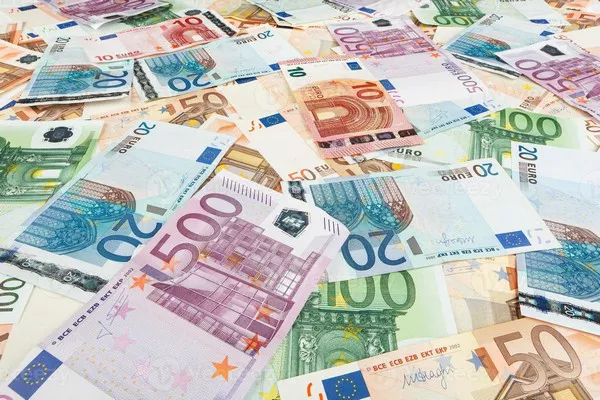The European Union (EU) is a political and economic union of 27 member states located primarily in Europe. One of the most noticeable features of the EU is the Euro, which is the official currency of 19 out of the 27 member states. However, not all EU countries use the Euro as their official currency. In this article, we will explore the reasons behind this and examine the current state of the Euro in the EU.
The Euro
The Euro is the official currency of the Eurozone, which consists of 19 out of the 27 EU member states. It was introduced in 1999 as an electronic currency and became physical in 2002. The Euro is managed by the European Central Bank (ECB), which is responsible for maintaining price stability in the Eurozone. The Euro is one of the world’s most widely traded currencies, second only to the US dollar.
Countries that use the Euro
As mentioned earlier, 19 out of the 27 EU member states use the Euro as their official currency. These countries are:
- Austria
- Belgium
- Cyprus
- Estonia
- Finland
- France
- Germany
- Greece
- Ireland
- Italy
- Latvia
- Lithuania
- Luxembourg
- Malta
- Netherlands
- Portugal
- Slovakia
- Slovenia
- Spain
These countries form the Eurozone and share a common monetary policy. The ECB sets interest rates and manages the money supply for the entire bloc, ensuring that inflation remains low and stable.
Why don’t all EU countries use the Euro?
While 19 EU member states use the Euro, there are eight that do not. These are:
- Bulgaria
- Croatia
- Czech Republic
- Denmark
- Hungary
- Poland
- Romania
- Sweden
Each of these countries has its reasons for not adopting the Euro.
Bulgaria, Croatia, Czech Republic, Hungary, Poland, and Romania are all required to adopt the Euro at some point as part of their accession agreements with the EU. However, they must first meet certain criteria known as the Maastricht criteria. These criteria include low inflation, a stable exchange rate, and sound public finances. While these countries have made significant progress towards meeting these criteria, they have not yet met them all.
Denmark and Sweden have opted out of adopting the Euro altogether. Both countries held referendums on the issue in the early 2000s and decided against joining the Eurozone. In Denmark’s case, the country has an opt-out clause that allows it to remain outside the Eurozone permanently.
The current state of the Euro in the EU
The Euro has been a significant success for the EU since its introduction. It has helped to facilitate trade and investment within the Eurozone and has increased the EU’s global economic power. However, the Euro has faced some challenges in recent years.
One of the most significant challenges facing the Euro is the ongoing sovereign debt crisis in some Eurozone countries. Countries such as Greece, Spain, Portugal, and Italy have struggled with high levels of debt, which has caused instability in the Eurozone and threatened the credibility of the Euro.
Another challenge facing the Euro is the rise of anti-EU sentiment in some member states. This sentiment has been fueled by concerns over immigration, globalization, and the perceived loss of national sovereignty. Some politicians have used this sentiment to call for their countries to leave the EU or abandon the Euro.
Despite these challenges, the Euro remains a crucial component of the EU’s economic and political integration. The ECB continues to work to maintain price stability in the Eurozone and ensure that the Euro remains a reliable and stable currency.
Conclusion
In conclusion, while the Euro is the official currency of most EU member states, not all countries use it. Eight EU member states have opted out of adopting the Euro altogether or have not yet met the criteria required to join the Eurozone. Despite the challenges facing the Euro, it remains a crucial component of the EU’s economic and political integration, and the ECB continues to work to ensure its stability.


